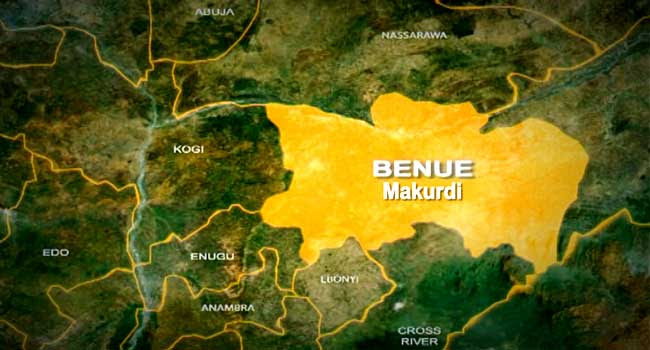By Our Reporter,The Nation
Copyright thenationonlineng

Sir: Nigeria’s aviation industry has grown significantly over the last two decades, with remarkable improvements in flight safety, fleet expansion, and passenger traffic. Yet, a persistent limitation remains: the overwhelming concentration of flight connectivity around Lagos and Abuja. Almost all domestic commercial routes are structured as spokes leading into either of these two hubs—Port Harcourt to Lagos or Abuja, Uyo to Abuja or Lagos, Asaba to Lagos or Abuja, Enugu to Lagos or Abuja, Owerri to Lagos or Abuja, Yola to Abuja, Kano to Abuja, Benin to Abuja or Lagos, and so forth. Rarely do we find direct intercity connections outside this Lagos–Abuja loop.
This hub-and-spoke model constrains regional development. To accelerate Nigeria’s commercial and economic growth, transportation connectivity—road, rail, and air—must expand in an integrated manner. While railway and road projects are ongoing and commendable, Nigeria needs to revisit and redraw its air transportation graph (having a closed or connected graph in focus).
Makurdi, the Benue State capital, stands at the confluence of strategic advantages that justify a vibrant commercial aviation presence. It lies at the heart of Nigeria’s middle belt, serving as a natural gateway to parts of Cross River, Enugu, Kogi, Nasarawa, and Taraba states. Many of these regions are far from their state capitals or commercial hubs. Additionally, parts of neighbouring Cameroon could become accessible through Makurdi flights, opening cross-border trade and tourism opportunities.
The Alia administration has embarked on repositioning Benue as a preferred investment destination. To attract and sustain investor confidence, critical infrastructure—airports, five-star international hotels, and modern conference facilities—must be provided. Investors and tourists alike seek convenience. The perception that “Benue is accessible” can be a game-changer.
Read Also: Tinubu working assiduously to engender responsible borrowing to address Nigeria’s public debt – Speaker Abbas
Benue is Nigeria’s food basket. A commercial airport with a dedicated cargo terminal would enable the rapid evacuation of perishable agricultural produce to local and international markets. This will reduce post-harvest losses, expand agribusiness, and create jobs in storage, logistics, and export services.
With five universities (two federal, two state, and one private), several polytechnics, and colleges of education, Benue hosts one of the densest clusters of tertiary institutions in Nigeria. Air connectivity would enhance academic collaborations, attract national and international conferences, and support student and staff mobility.
Benue has untapped tourism potential—from River Benue’s scenic views to cultural festivals and historic sites. Accessibility by air would unlock these assets, positioning Makurdi as a weekend destination for both domestic and international tourists.
A functional commercial airport strengthens regional security architecture and emergency response capability, including medical evacuations, disaster response, and rapid deployment of humanitarian aid when needed.
Governor Alia’s administration does not need to carry this project alone. A range of funding options can be explored. One model is where the state provides land and enabling regulatory environment, while private investors finance and manage infrastructure, with revenue-sharing agreements. This is already working in other Nigerian states with concessioned airports.
Rather than building from scratch immediately, Benue State can negotiate a cooperative agreement with the Nigerian Air Force (current custodian of Makurdi airport) for dual civil-military use. Several states worldwide operate this model efficiently.
Institutions like the African Development Bank (AfDB), African Export-Import Bank (Afreximbank), and the Infrastructure Corporation of Nigeria (InfraCorp) can co-fund aviation infrastructure tied to
Since one of the strongest cases for Makurdi Airport is agribusiness, Benue State can float export-linked infrastructure bonds, repayable from cargo handling fees and export tariffs.
Instead of outright purchase, the state (with private equity partners) can lease mid-sized aircraft to operate as a Benue-based airline. This lowers entry costs while testing market viability.
Airlines and hotels often co-invest in destinations. The state could attract hospitality investors by offering land concessions near the airport for hotel and conference centre development.
Air connectivity is not just about moving people; it is about moving ideas, investments, and opportunities. Makurdi deserves a place on Nigeria’s aviation map—not as a luxury, but as an economic necessity. The Alia administration should seize this moment to negotiate partnerships, mobilize funds, and launch a bold aviation agenda that makes Benue the heartbeat of Nigeria’s central air corridor.
Benue is setting a new narrative of bold, inclusive development. Air connectivity must be part of that story.
•Leonard Karshima Shilgba



